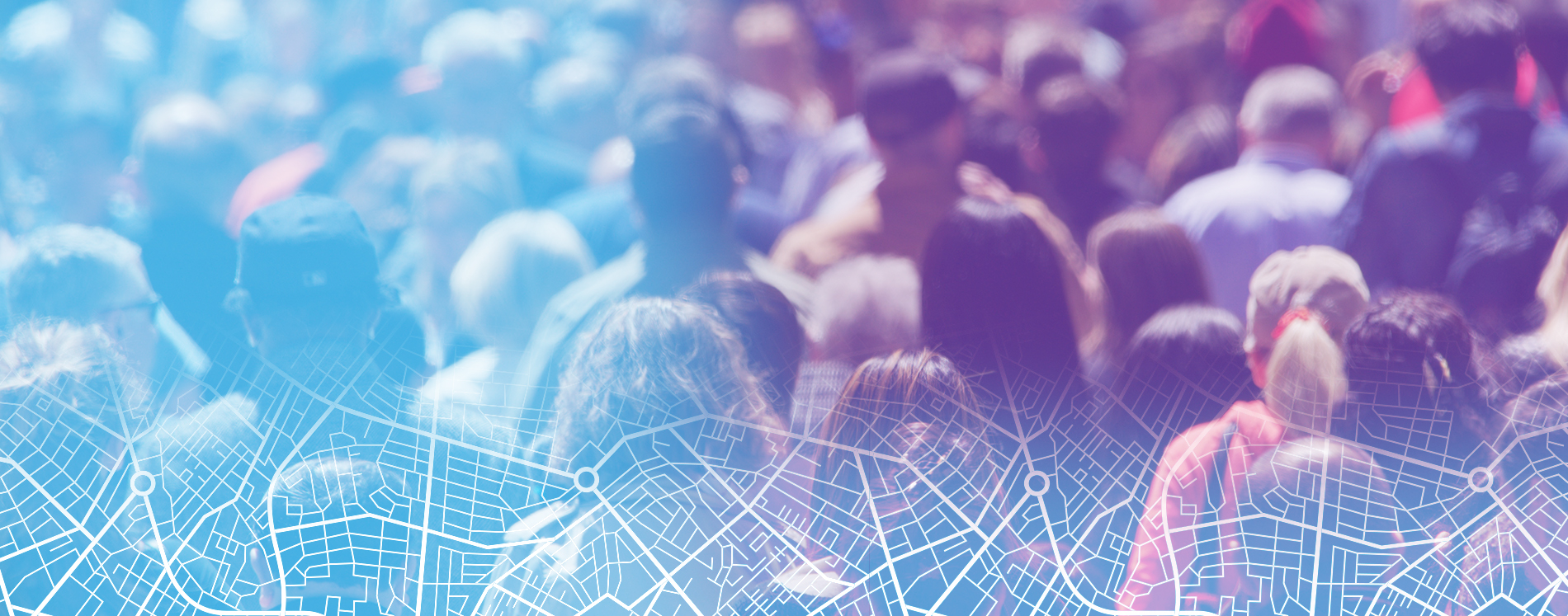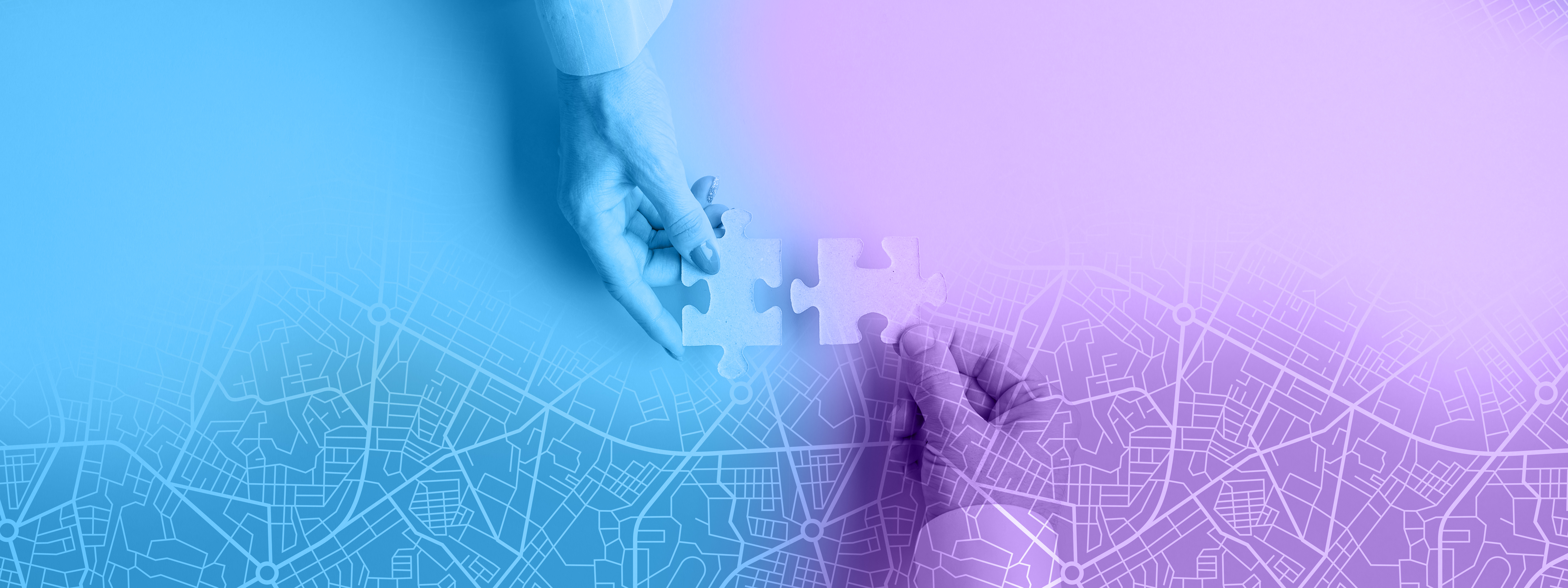Young people and migrants as social innovators and engines of change
Youth and migrants play the role of social innovators in our societies, and they should be given the opportunity to express their full potential. As part of the Migration Dialogues series organised by UN Network on Migration, "Youth innovations in migration: Generating positive impacts for migrants and communities" was one step further in the preparatory phase that will lead to the first edition of the International Migration Review Forum between 17 and 20 May in New York.
Moderated by young activists of UN Major Group for Children and Youth (MGCY) and representatives of IOM and UNICEF, the panel on April 13, shed an optimistic and hopeful light on the highly debated and politicised topic of migration. It showed that facts and actions could go much further than words and statements. It was made clear that discussions about migration should envisage a seat at the table for youth, facilitate and support its empowerment, and offer skills-building opportunities to the most vulnerable youth.
Young people are crucial actors in shaping migration policies, and their impact on society is twofold.
On one side, diaspora youth has a lot to offer in terms of links between the country of origin and country of arrival. A telling example comes from IOM's “Look Forward Give Back” project, which shares stories of Malagasy diaspora youth who travelled back to Madagascar to work together with local communities on development issues. In this regard, networking- on social media, too- is crucial to connect, support and empower young migrants, as the case of Veronica Montoya and her “Venezolanas Globales” demonstrates.
On the other side, young people of the receiving countries have a lot of energy, enthusiasm, and design skills to plan and implement impactful programs for migrants: they work to raise awareness on migration, shift its narrative, and empower young migrants. Moveurope!, presented by Karla Kastner, is a project created by young activists to promote and facilitate young refugees’ access to mobility programs, providing them with precise information and materials.
Finally, Verena Knaus from UNICEF emphasised the necessity of recognising the diversity within the youth migrant population and the cruciality of youth-to-youth peer-education and support. Impactful stories of success deserve to be shared and youth to be systematically included in policy-making: its power and energy will contribute to pushing for gradual progress toward more humane migration policies. It is the moment for essential stakeholders to open to new generations and reach out to young people on those platforms they already use, equipping them with knowledge, tools and funding opportunities.
In these uncertain times of unpredictable and irreversible events, the young generation is the only hope of turning the tide. The words of the Italian intellectual Gramsci seem to be a perfect conclusion: “Educate yourself because we will need all your intelligence. Be excited because we will need all your enthusiasm. Organise because we will need all your strength”. Young people and migrants should be better listened to, recognised and valorised for the value, contributions and innovative perspectives they may bring to society.
You can rewatch the online session from April 13 2022

